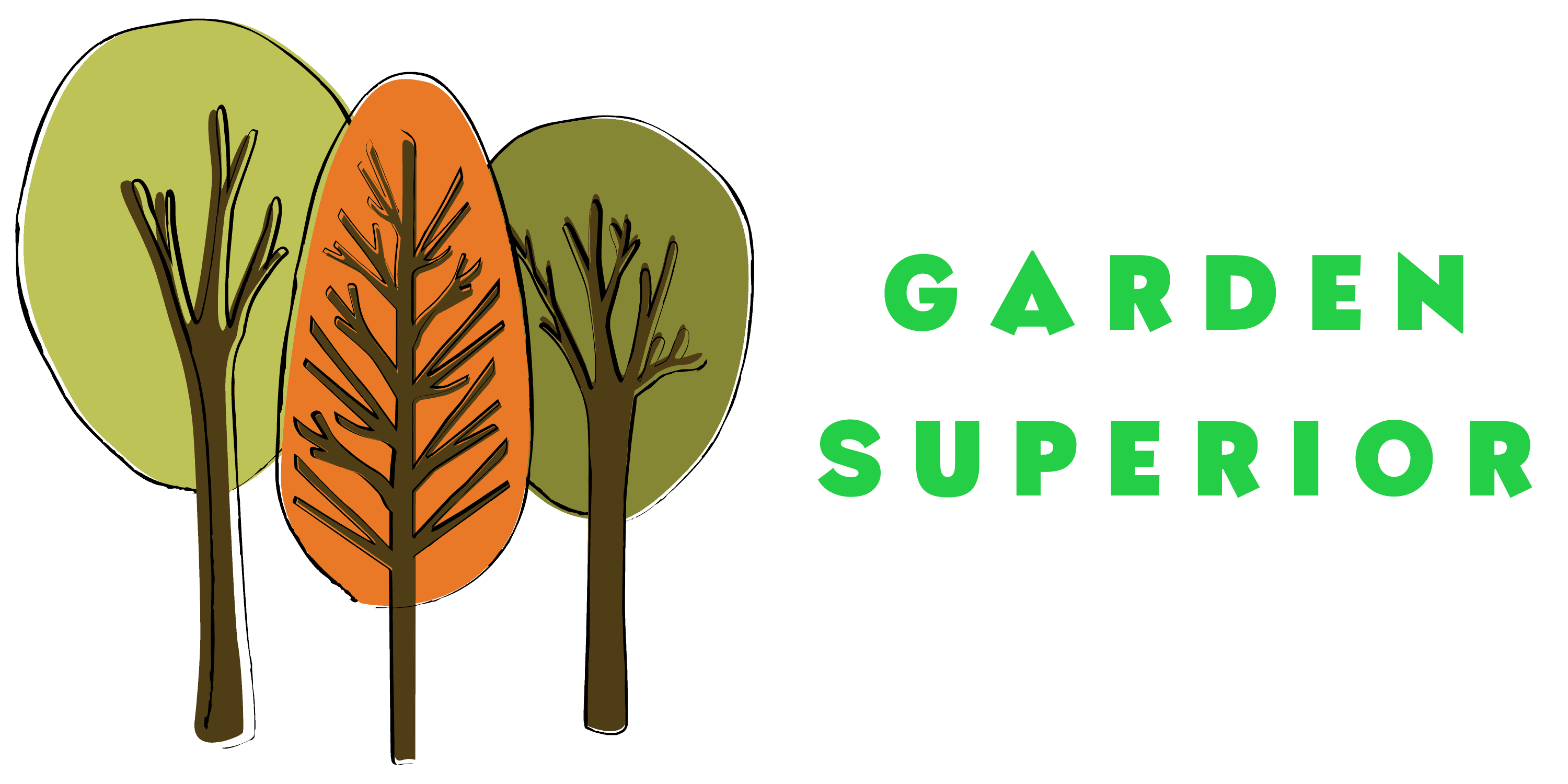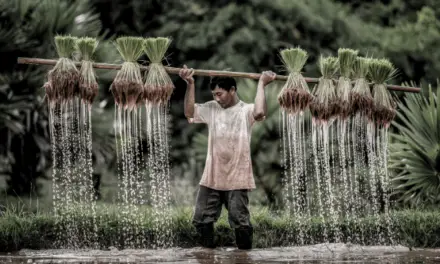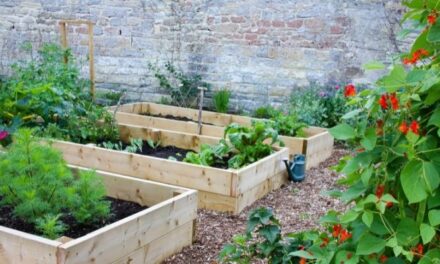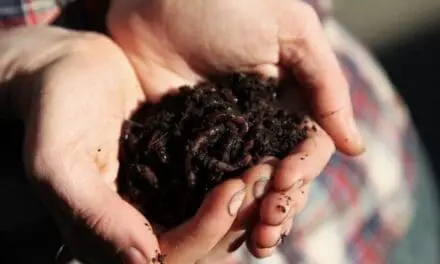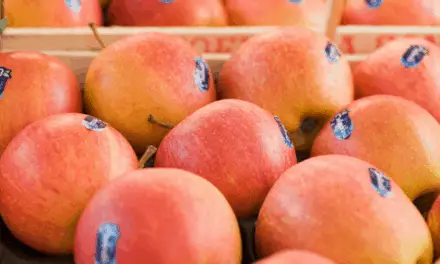The main difference between compost and fertilizer is that compost enriches the soil with nutrients and creates a beneficial environment for plants while fertilizer feeds the plants themselves.
Table of Contents
How Does Compost Differ From Fertilizer?
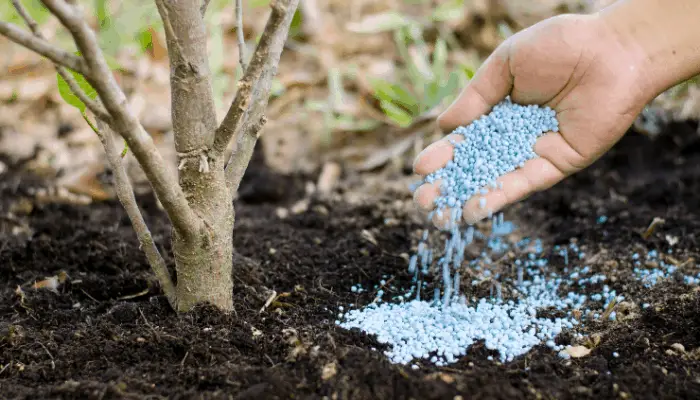
If you are relatively new to gardening, there is a good chance that you are familiar with the terms fertilizer and compost and wondering which is best for your particular garden.
If that is the case, this article should help you make sense of it all.
We will discuss the differences between compost and fertilizer and how each can be beneficial to your gardening needs.
With either composting or fertilization, the ultimate goal should be to grow the healthiest plants possible.
However, both have different roles in gardening.
Thankfully, however, these goals are complementary and crucial for your gardening experience.
What Is Compost?
In the simplest terms, compost refers to a significant number of dead organic substances that are decaying, all mixed together to feed the soil.
Compost, which has often been referred to as “Black Gold,” brings a number of advantages to gardening.
For one thing, it brings about healthy microbe growth, to create soil that is much healthier for plants.
Compost enriches the soil in a way that makes it beneficial to all plants over a long period of time, so it helps plants of all kinds for many years.
In addition, compost improves drainage in a way that aerates the soil and helps it retain moisture for longer.
It also helps to control weed growth and helps make the soil more resistant to diseases that normally hit various types of fruits and vegetables, especially tomatoes.
If you are making your own compost, the hardest part of the process is the patience that will be required.
All-natural materials take a long time to decay to the level that makes great compost.
Although there are ways to speed the process up, it may take several months for the compost to be effective.
Related Article: How To Make A Drunken Compost
Once your compost is ready it will encourage the production of bacteria and fungi that help break down organic matter to create a rich nutrient-packed material that plants love.
What Is Fertilizer?
On the other hand, fertilizer consists of one of several materials, which can be either natural or synthetic, with the goal of promoting plant growth.
Therefore, the most significant difference between compost and fertilizer is that, while your compost enriches the soil, fertilizer tends to enrich the plants themselves.
Among the key benefits of spreading fertilizer on your garden comes its ability to add nutrients to the soil that are specifically geared toward the plants.
Fertilizer is beneficial because it helps to alleviate the lack of nutrients plants usually have.
There are a number of different types of fertilizer available, and which type you choose will depend on what your plant needs.
A little testing or a chat with experts may be needed to determine the nutrients your plants need.
In some cases, plants need macronutrients like potassium, calcium, phosphorus, or magnesium to grow healthier and grow faster.
That is why you need to know how to test your soil and learn what it needs.
If you don’t know what your plants need, spreading fertilizer may overload your plants with some nutrients and underfeed them with others.
There is also an overarching environmental concern when it comes to fertilizer.
That is because the chemicals found in many fertilizers can be harmful to soil and the environment if they are over-used.
Always check the ingredients and the warnings on fertilizer before you decide to buy it.
Which Is Better Compost or Fertilizer?
As noted earlier in this article, compost and fertilizer are largely complementary.
There are a number of pros and cons to both, so the one that is better will depend on your gardening needs.
If your soil is already very rich in nutrients and in excellent shape for the plants you have chosen for your garden, then you may not need to add anything to your soil.
The best aspect of fertilizer is that it works quickly to add nutrients to the soil and make it beneficial for your plants.
The worst aspect of fertilizer is that much of it is made with synthetic chemicals, which can be bad for you and the environment.
On the other hand, composting is organic and can be made at home by diverting some of your garbage to the compost pile, so it’s a lot cheaper.
Of course, fertilizer can be obtained a lot more quickly and it doesn’t take months to make.
Therefore, a little investigation work on what your plants and soil need will go a long way before you invest time or money in compost or fertilizer.
